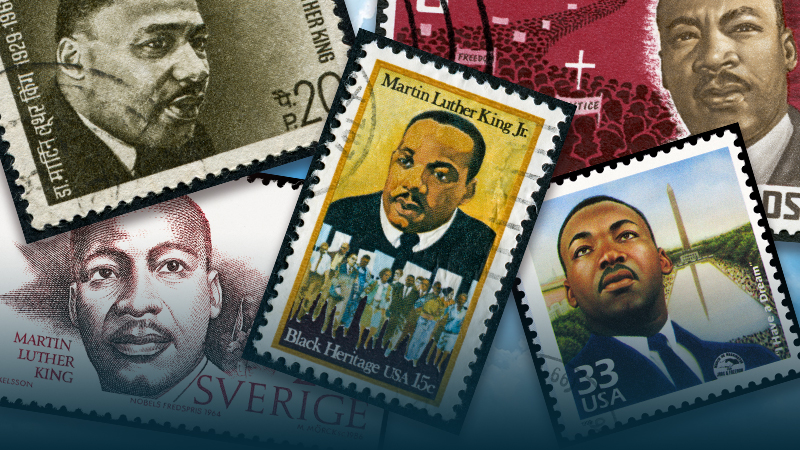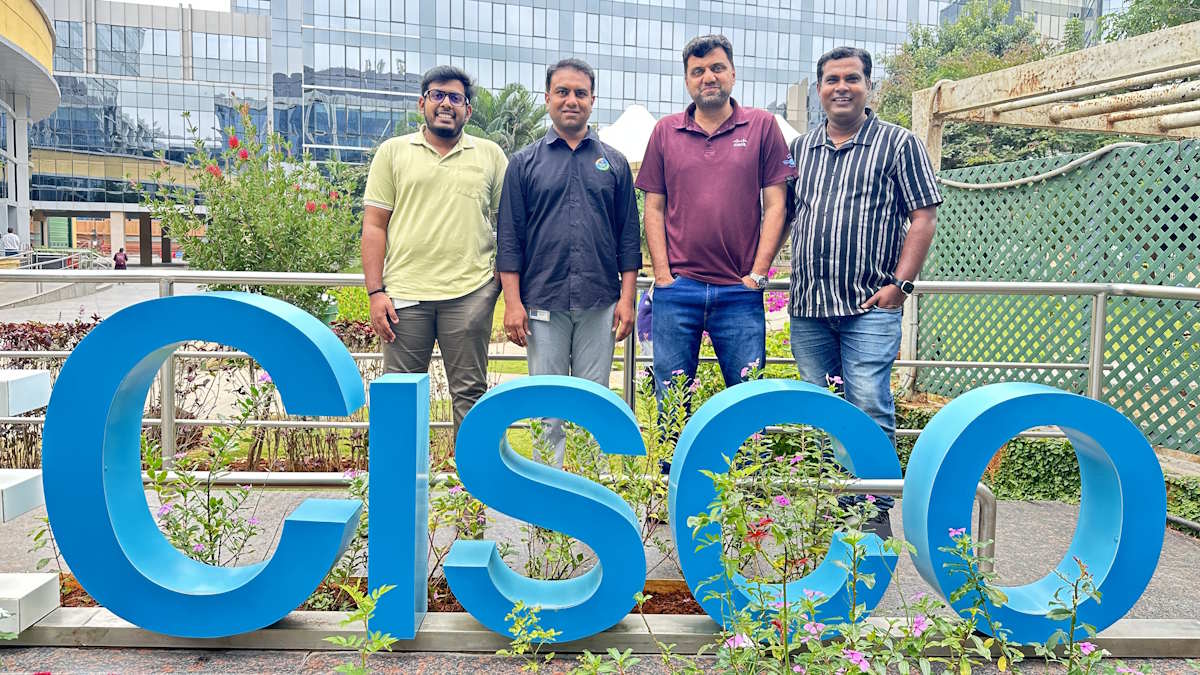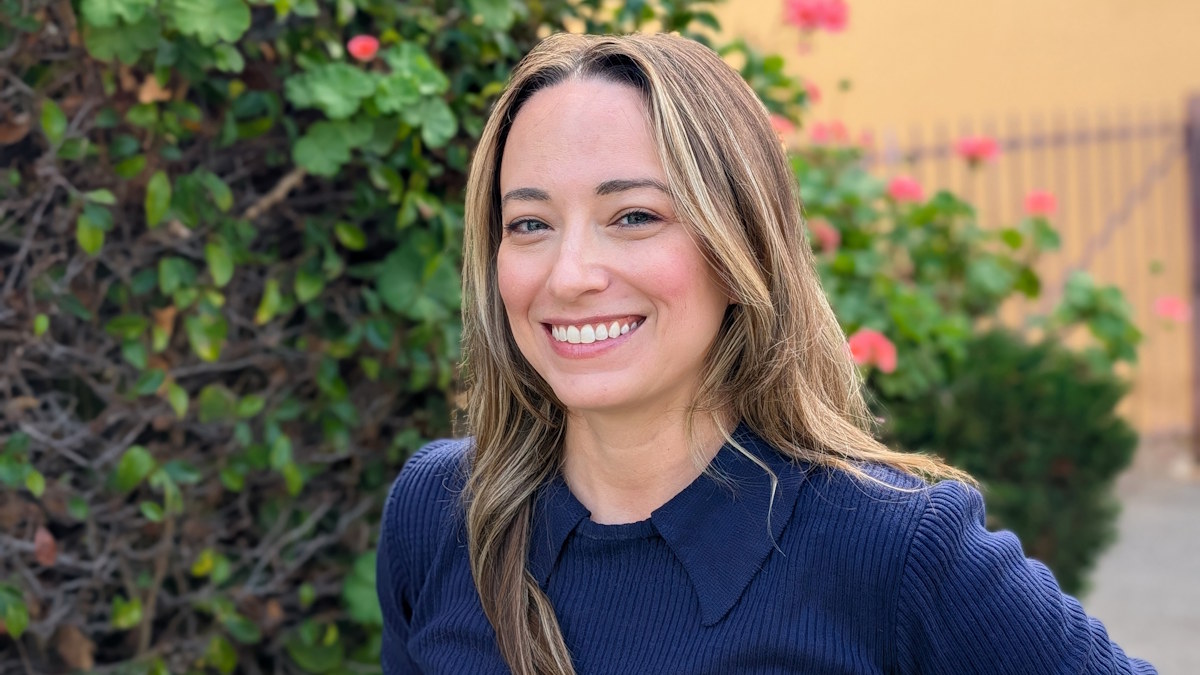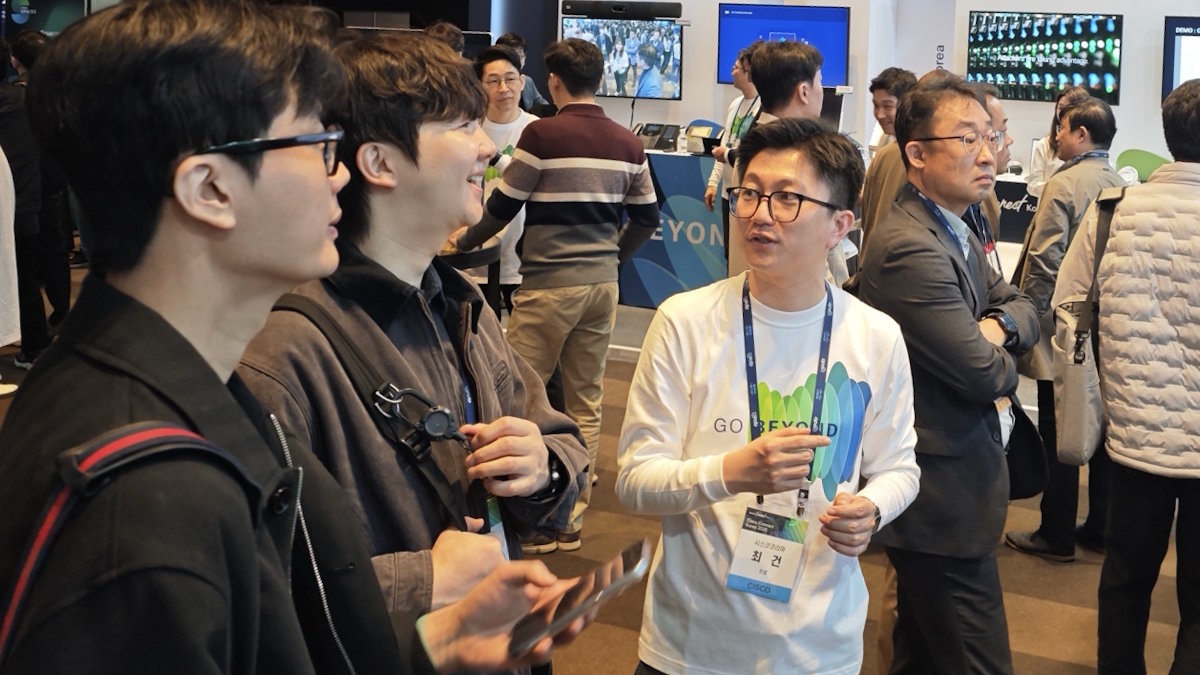This is a guest post by Shelley Harper.
February is Black History Month, a time to reflect on the contributions African Americans, such as Dr. Martin Luther King, Jr., have made to shape history.
Dr. King, a passionate and influential leader who fought for equal rights in America, headed up a monumental movement that evolved into the Civil Rights Act, which passed into law in 1964. A charismatic and talented speaker, Dr. King used powerful words to communicate his vision of equality. Electrifying live speeches that energized and spurred audiences were his secret weapon; as an inexhaustible speaker, he delivered more than 2,500 during his lifetime. In 1963, the March on Washington was the setting for the seminal moment when he gave his iconic “I have a dream” speech in front of 250,000 people.
The power of communication in the digital age
In pondering his legacy, I think about the power of communication to bring about change. Imagine the impact of Dr. King harnessing the power of the digital age to spread his message of achieving equality through non-violent means: the groundbreaking “dream” speech streamed live on YouTube and instantaneously reaching millions worldwide versus thousands; passionate and inspiring messages going viral in single tweet. He would have used these platforms to build bridges across social divides and cultural barriers; to bring together a global community.
In the years following that speech, the technology landscape has changed immensely. Computers, cell phones, social media, wireless connections, video conferencing. All of that technology would have exponentially magnified his message. Today’s world leaders have these powerful tools at their fingertips to collaborate and share their visions for creating a just society. For bringing about economic parity and empowerment, with healthier and better lives for everyone, and for solving the planet’s most challenging problems.
Technology can be a tremendous force in doing good and for positive change. Coalitions working towards better and more just societies could take a cue from Dr. King. They can also take full advantage of dynamic technologies for developing deep connections to their communities and forming powerful collaborations.
###
The contents or opinions in this feature are independent and may not necessarily represent the views of Cisco. They are offered in an effort to encourage continuing conversations on a broad range of innovative technology subjects. We welcome your comments and engagement.
We welcome the re-use, republication, and distribution of "The Network" content. Please credit us with the following information: Used with the permission of http://thenetwork.cisco.com/.



